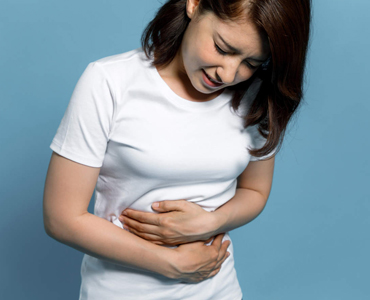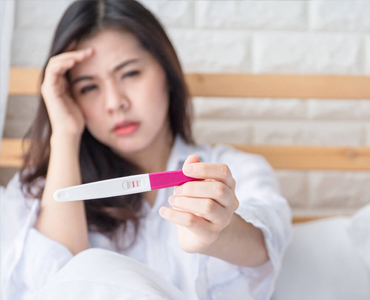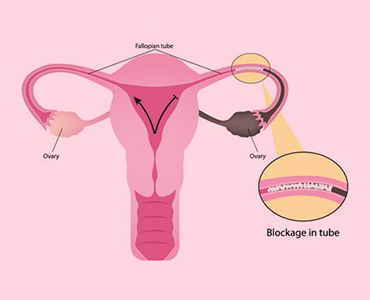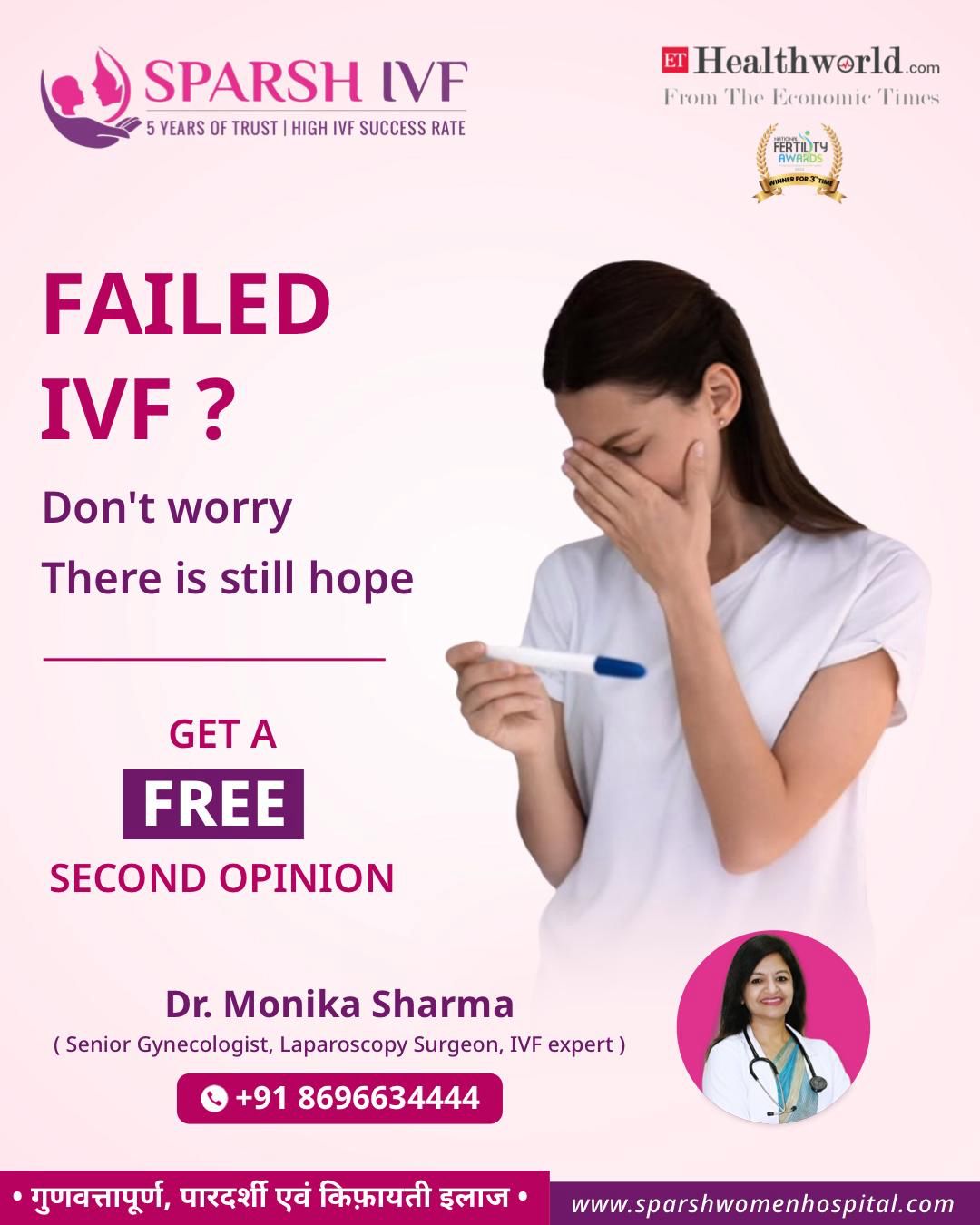Specialised Women Care
Women Care Hospital In Udaipur

Fibroid Treatment
Uterine fibroids are frequently found during a routine pelvic exam. Your doctor may feel irregularities in the shape of your uterus, suggesting the presence of fibroids in the uterus. [...]
READ MORE
PCOS Treatment
PCOD (Polycystic Ovarian Disease) or PCOS (Polycystic Ovarian Syndrome) is a major ailment concerning a huge chunk of young females in India presently. PCOS strikes mostly at an early age [...]
READ MORE
Endometriosis Treatment
Endometriosis (en-doe-me-tree-O-sis) is a disorder in which tissue similar to the tissue that normally lines the inside of your uterus, the endometrium, grows outside your uterus.[...]
READ MORE
Ovarian Cyst
Ovarian cysts often develop naturally in women who have monthly periods. They can also affect women who have been through the menopause. [...]
READ MORE
Adenomyosis
Adenomyosis is a condition in which the inner lining of the uterus (the endometrium) breaks through the muscle wall of [...]
READ MORE
Fallopian Tubes Problems
Hydrosalpinx is composed of the terms, hydro and salpinx. Hydro implies water and salpinx implies a fallopian tube. Hence, hydrosalpinx [...]
READ MORE
Uterine Pathologies
Conditions affecting the uterus or any other part of your reproductive system are known as uterine problems. Some common uterine problems include uterine fibroids [...]
READ MOREIt’s quite normal to have some delay before the return of your periods if you have recently stopped taking the contraceptive pill. However, if you have not been taking the contraceptive pill, usually have regular periods but have not had one for six consecutive months or more, several factors may be considered. Some of the more common reasons are:
- Polycystic ovarian syndrome (PCOS).
- Disorders such as hyperthyroidism.
- Disorders of the pituitary gland.
- Ovarian cysts or tumours.
- Stress.
- Being very underweight or very overweigh.
- Sustained, strenuous exercise – particularly common in athletes.
- Breastfeeding.
- Menopause, or premature ovarian failure (early menopause).
It is best to check with a doctor to find out what is causing this.
Some women experience bleeding about 10-14 days after their period. Usually, this is caused by a temporary drop in levels of the hormone oestrogen at the time of ovulation (when an egg is released by an ovary). This is quite normal. However, if bleeding occurs at other points during the menstrual cycle, it is wise to consult your gynaecologist to rule out the possibility of other conditions.
- Tubal ligation (female) – 99.9%
- Vasectomy (male) – 99.9%
- Implant (over 5 years) – 98.0%
- Injectable contraception – 99.0%
- Combined Contraceptive Pill – 99.0%
- Progestogen-Only Pill – 98.0%
- Intra-Uterine Device (I.U.D.) – 98.0%
- Intra-Uterine System (I.U.S.) – 99.0%
- Condom with spermicide – 95.0%
- Condom only – 94.0% Success rate
- Female condom – 95.0% Success rate
- Diaphragm with spermicide (foam or jelly) – 92.0%


